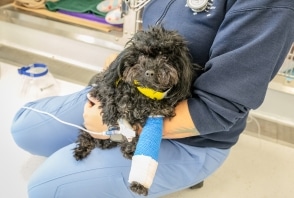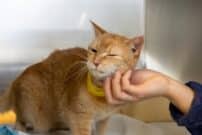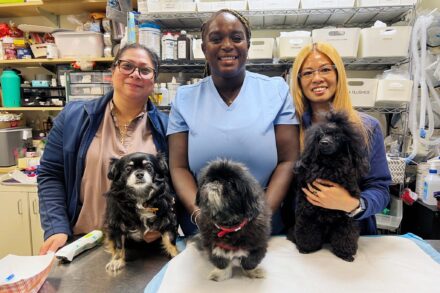Avian Influenza (Bird Flu) & Pets
Webinar
In this webinar from April 2, 2025, Dr. Ann Hohenhaus, Senior Veterinarian and Director of Pet Health Information at the Schwarzman Animal Medical Center (AMC), is joined by Dr. Sally Slavinski, Public Health Veterinarian and the Director of the Zoonotic and Vector-Borne Disease Unit at the New York City Department of Health, to discuss the ongoing bird flu outbreak.
Dr. Hohenhaus offers a clear overview of which animals are most at risk, the signs pet owners should watch for, and practical ways to help protect pets from infection. Dr. Slavinski shares insights from recent bird flu cases in New York City cats. She explains how surveillance is being carried out across wildlife, poultry, and pets—and what veterinarians and pet owners should be paying attention to. The discussion also places the current outbreak in a broader public health context, drawing on lessons from prior threats like West Nile virus and COVID-19. Learn about the latest developments, potential risks, and steps you can take to help keep your pets safe from this evolving threat.
Make an Appointment
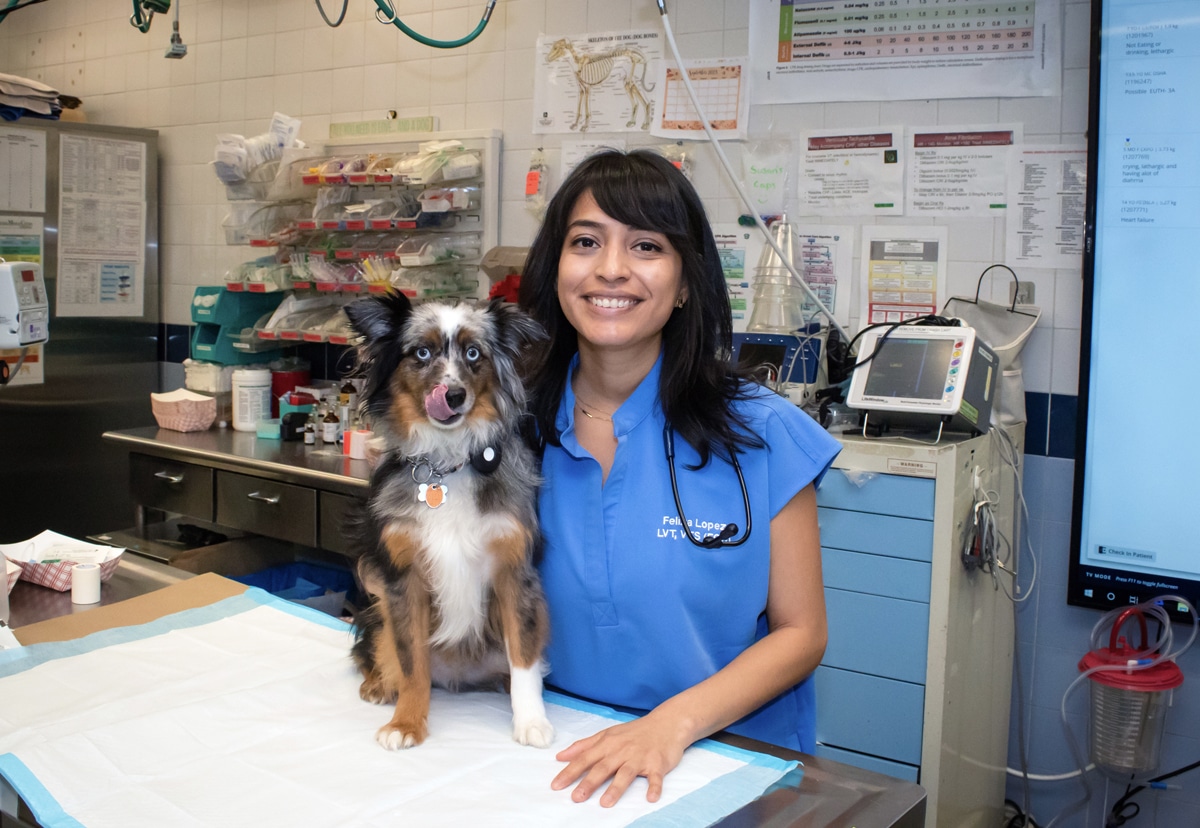
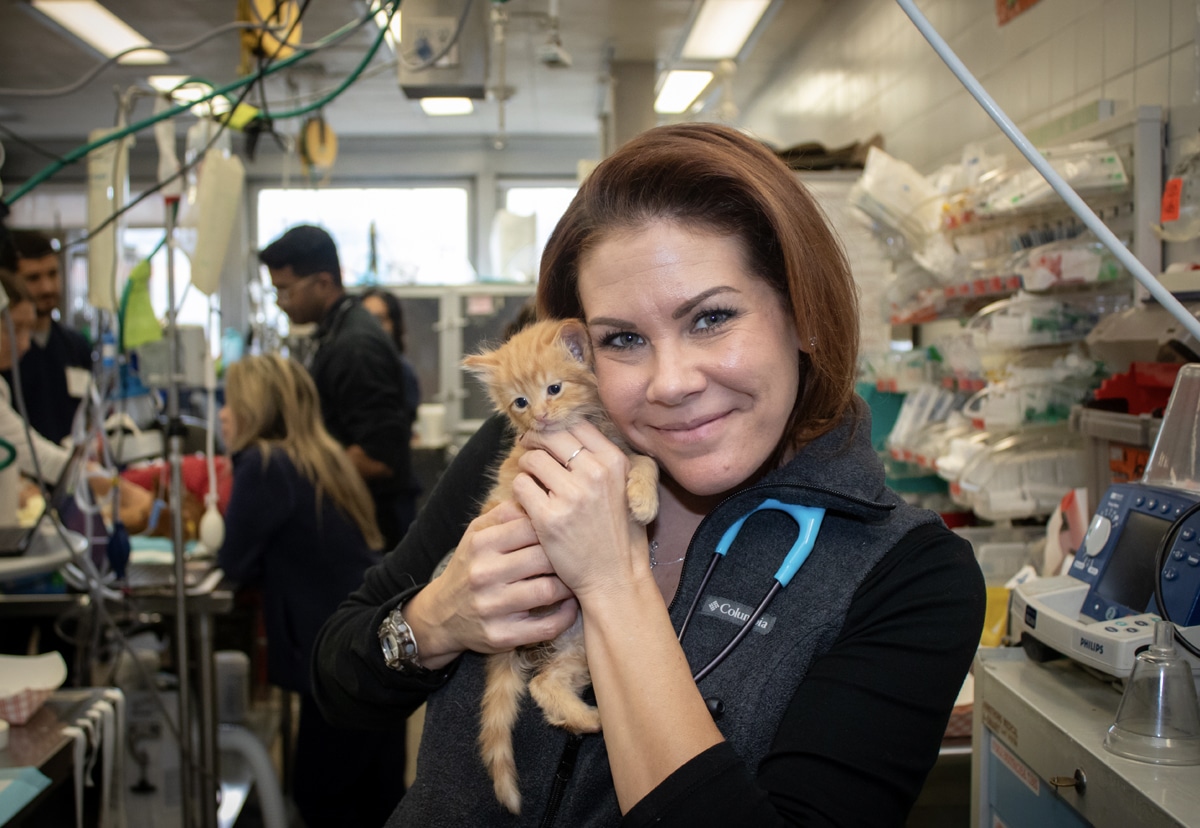
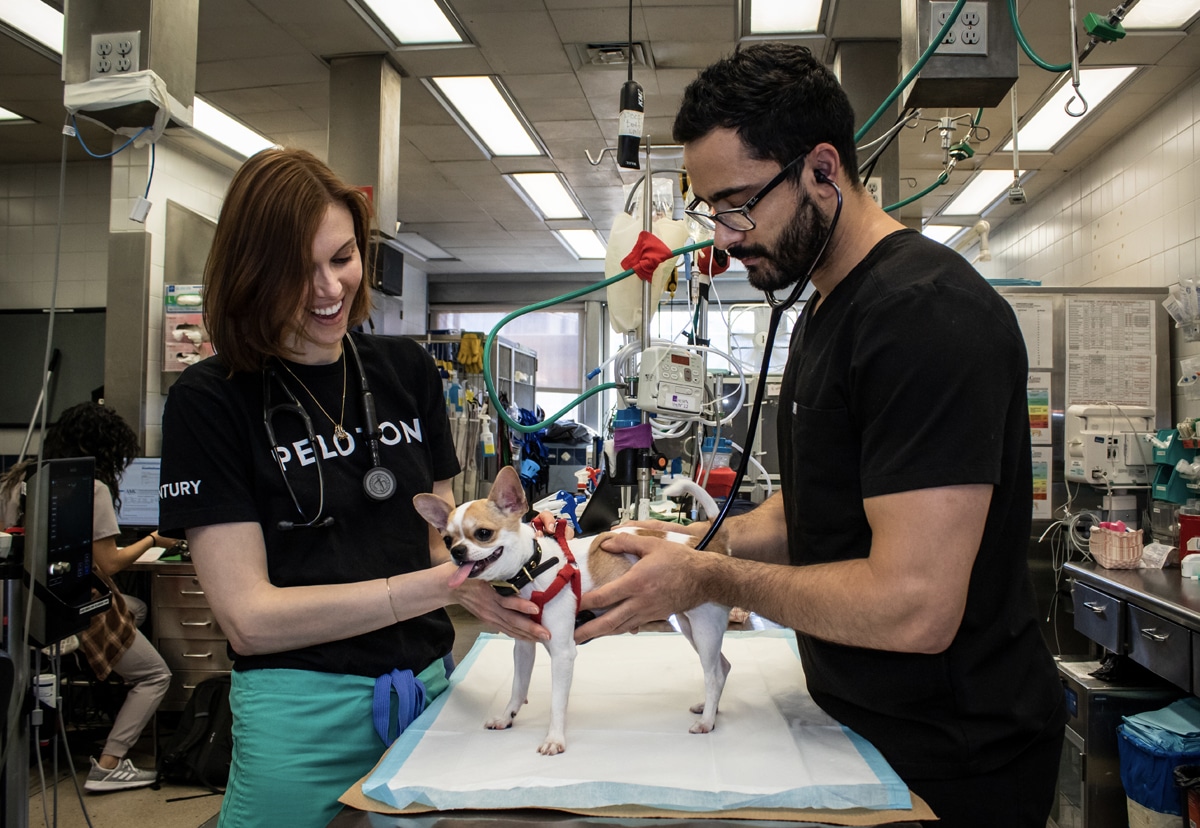
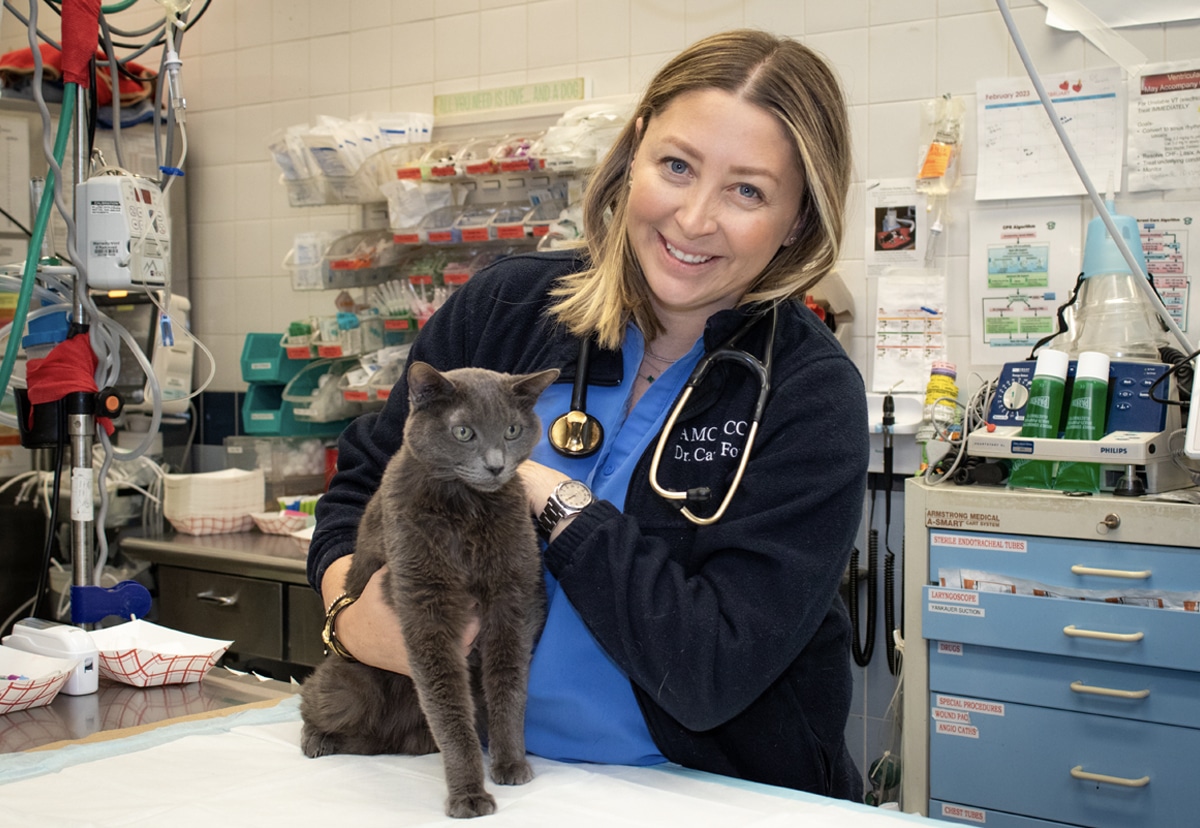
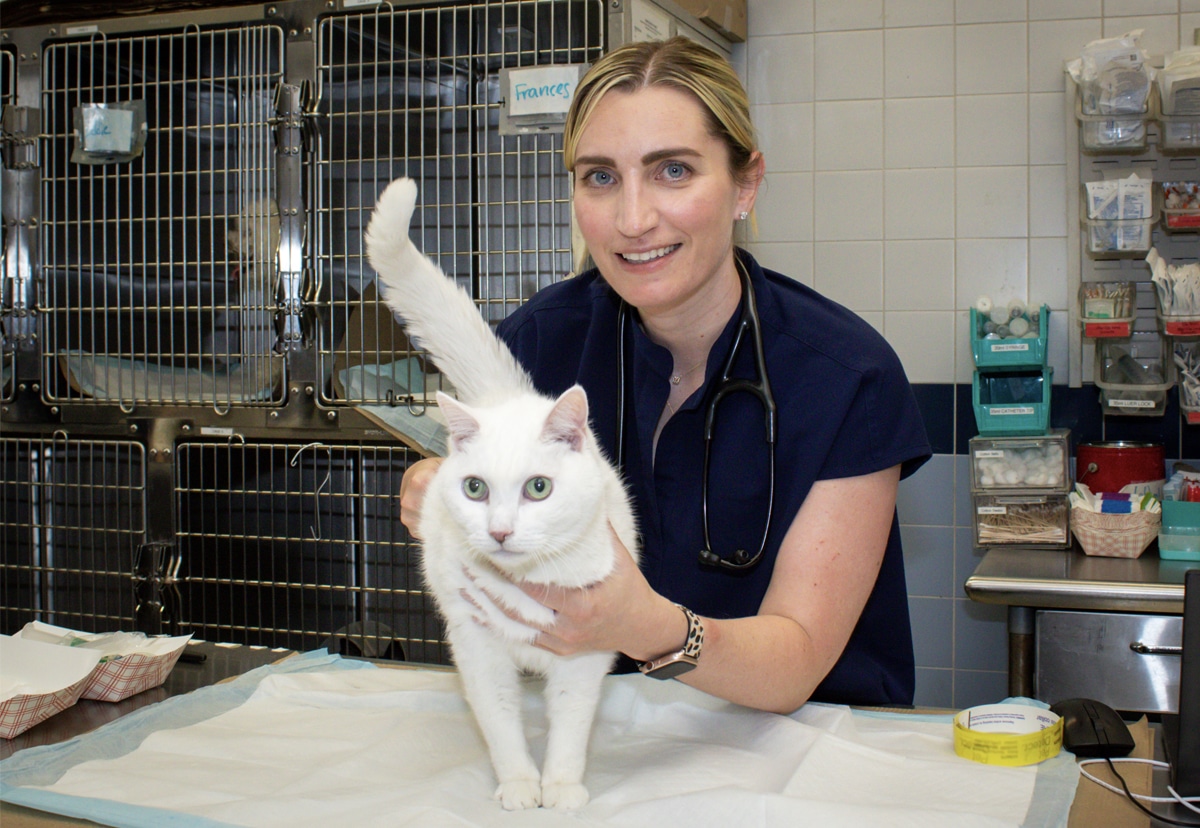
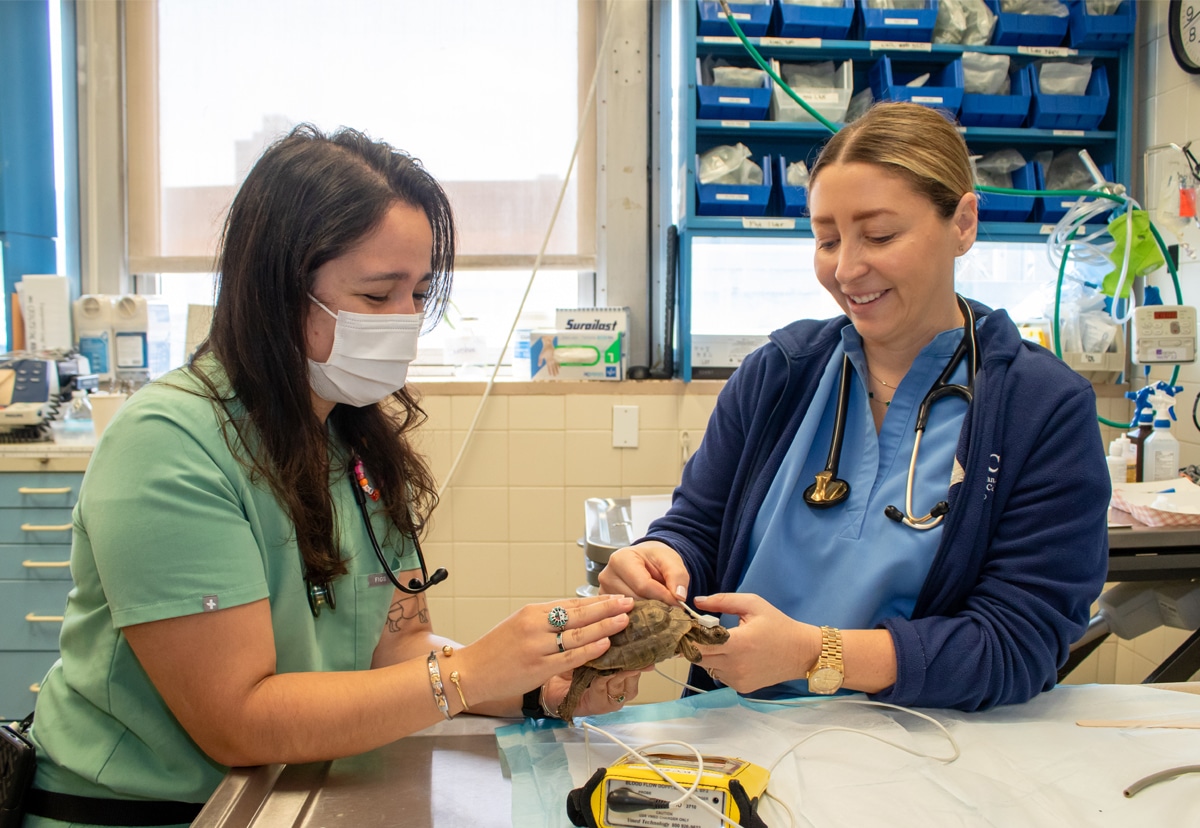
Emergency & Critical Care
As New York City's only Level 1 Veterinary Trauma Center at a hospital accredited by the American Animal Hospital Association (AAHA), AMC is the premier veterinary emergency room in the tri-state area. Where you go first for emergency care matters, and there is no better place than the Schwarzman Animal Medical Center.
Learn More


